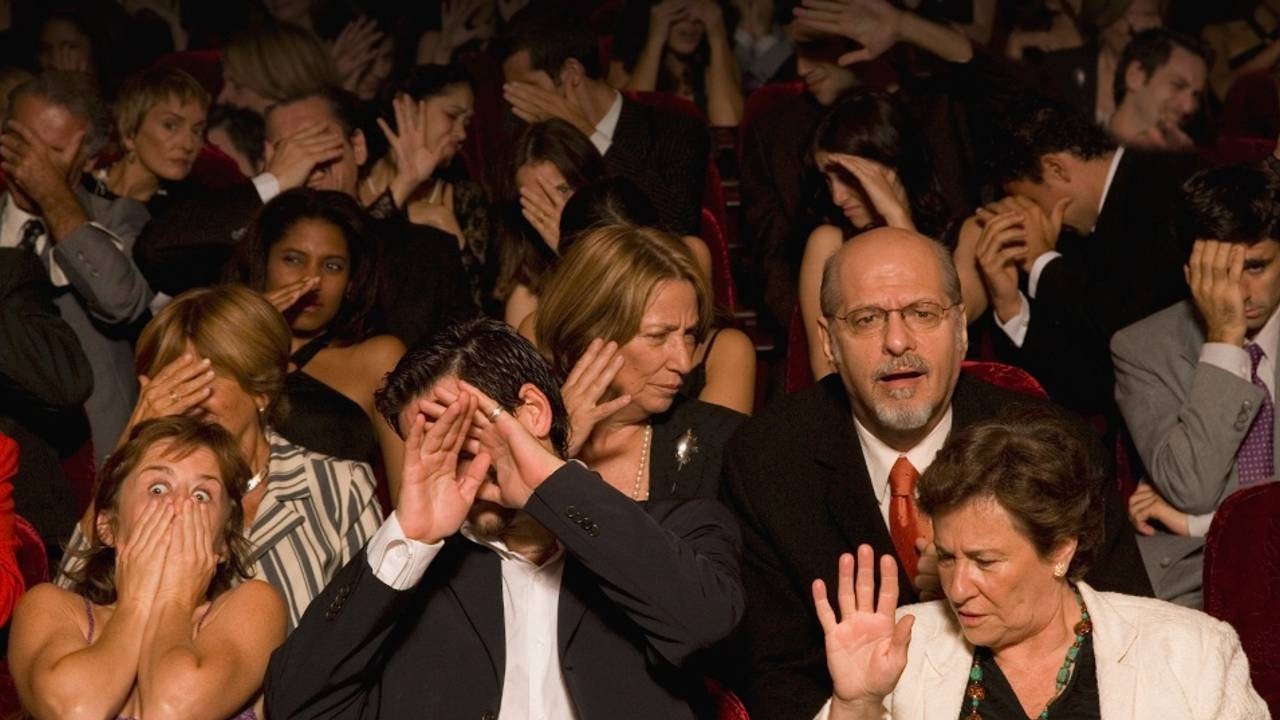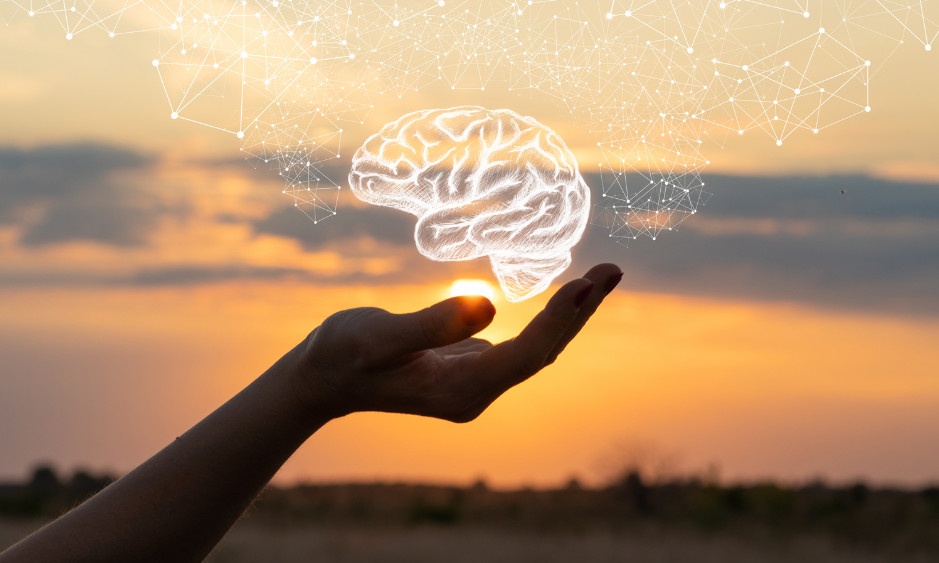Neuroscience of Change
Why The Bystander Effect Has It All Wrong

This past week, I've been thinking more about the so-called bystander effect, and about what encourages pro-social, "heroic" behavior. I wrote about this before the US election last November, about how the concept of the bystander effect is incomplete, flawed even. In short, there is ample evidence that when not surrounded by (secretly instructed) passive bystanders, people tend to help, even at personal risk.
So I've been wondering why this notion of a cruel, self-centered, unhelpful world has such traction in our time, despite evidence showing that we are generally empathic and active interventionists. It led me to wonder who benefits from such a narrative, this tale that people are innately passive -- even selfish -- bystanders? Put another way, what changes might happen if more of us were motivated by a realization that actually, our desires for a beloved community are widely shared?
We are accustomed to thinking that active caring is unusual, maybe a consequence...


